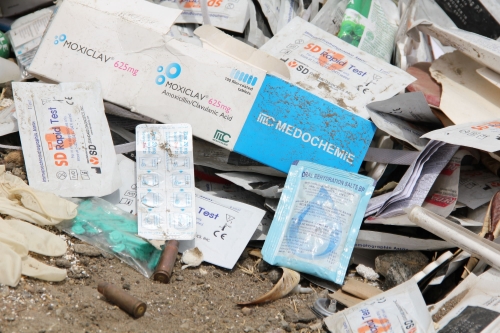The Olympic team with no flag →
The first time Yiech Pur Biel boarded a plane, in 2005, it was to escape the war-torn corner of southern Sudan where he grew up. He has lived in a refugee camp in northwestern Kenya ever since. If all goes as planned, the second time he boards a plane, in just a few weeks, it will be to make history. Biel is slated to compete in the 800-meter track and field event at the Summer Olympics in Rio de Janeiro as a member of the first-ever Refugee Olympic Team.
Update: I spoke to WBEZ Chicago's Worldview program about this story on July 13. Listen here.




